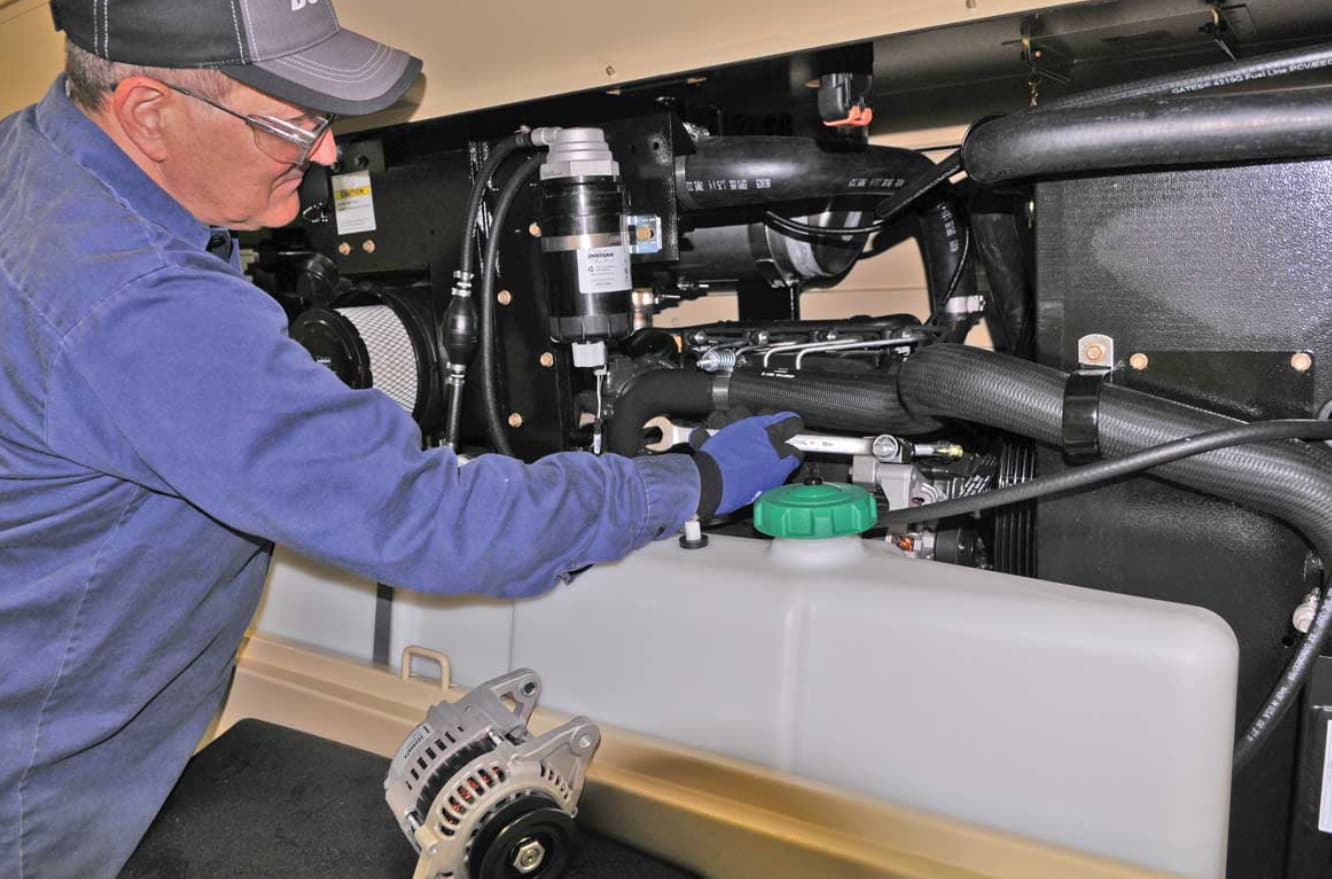Air compressors are essential tools in many industries, providing a continuous source of compressed air for various applications. To ensure the optimal performance and longevity of your air compressor, regular maintenance is crucial. In this comprehensive guide, we will walk you through the key steps and best practices for air compressor maintenance, helping you keep your equipment running smoothly and efficiently.
Understanding the Importance:
First and foremost, regular maintenance helps prevent unexpected breakdowns, minimizing downtime and costly repairs. Additionally, proper maintenance ensures optimal performance, and energy efficiency, and extends the lifespan of your compressor.
Daily Inspection and Monitoring:
A crucial aspect of its maintenance is conducting daily inspections and monitoring. Check for any leaks, unusual noises, or vibrations. Inspect the air filters, oil levels, and pressure gauges regularly to identify any potential issues promptly.
Proper Lubrication:
Lubrication plays a vital role in the smooth operation of it. Follow the manufacturer’s guidelines to determine the appropriate lubrication schedule and use the recommended oil type. Regularly inspect and change the oil as required, ensuring optimal lubrication and preventing premature wear and tear.
Cleaning and Replacing Air Filters:
Clean and replace air filters regularly to maintain efficient airflow and prevent contaminants from entering the compressor. Clogged or dirty filters can reduce performance and strain the compressor, leading to increased energy consumption and potential damage.
Condensate Management:
Moisture buildup in the compressed air system can cause corrosion, damage pneumatic tools, and affect overall performance. Regularly drain the condensate from the receiver tank and install a proper condensate management system to prevent moisture-related issues.
Inspection and Maintenance of Belts and Hoses:
Inspect belts and hoses for any signs of wear, cracks, or leaks. Replace any damaged components promptly to avoid potential failures or air leaks, which can impact the compressor’s efficiency.
Regular Pressure and Safety Valve Testing:
Periodically test the pressure and safety relief valves to ensure they are functioning correctly. Faulty valves can lead to excessive pressure buildup, posing safety risks. Consult the manufacturer’s guidelines for the recommended testing procedures.
Scheduled Professional Servicing:
While regular maintenance tasks can be performed in-house, it is essential to schedule professional servicing at specific intervals. Trained technicians can conduct comprehensive inspections, identify hidden issues, and perform specialized tasks, ensuring your air compressor operates at its best.
Conclusion:
Proper air compressor maintenance is a key factor in maximizing performance, extending the lifespan, and avoiding costly repairs. By following the guidelines outlined above, you can establish a routine maintenance schedule that will keep your compressor running smoothly, efficiently, and reliably for years to come. Remember, it is a valuable asset that contributes to the success and productivity of your operations.

